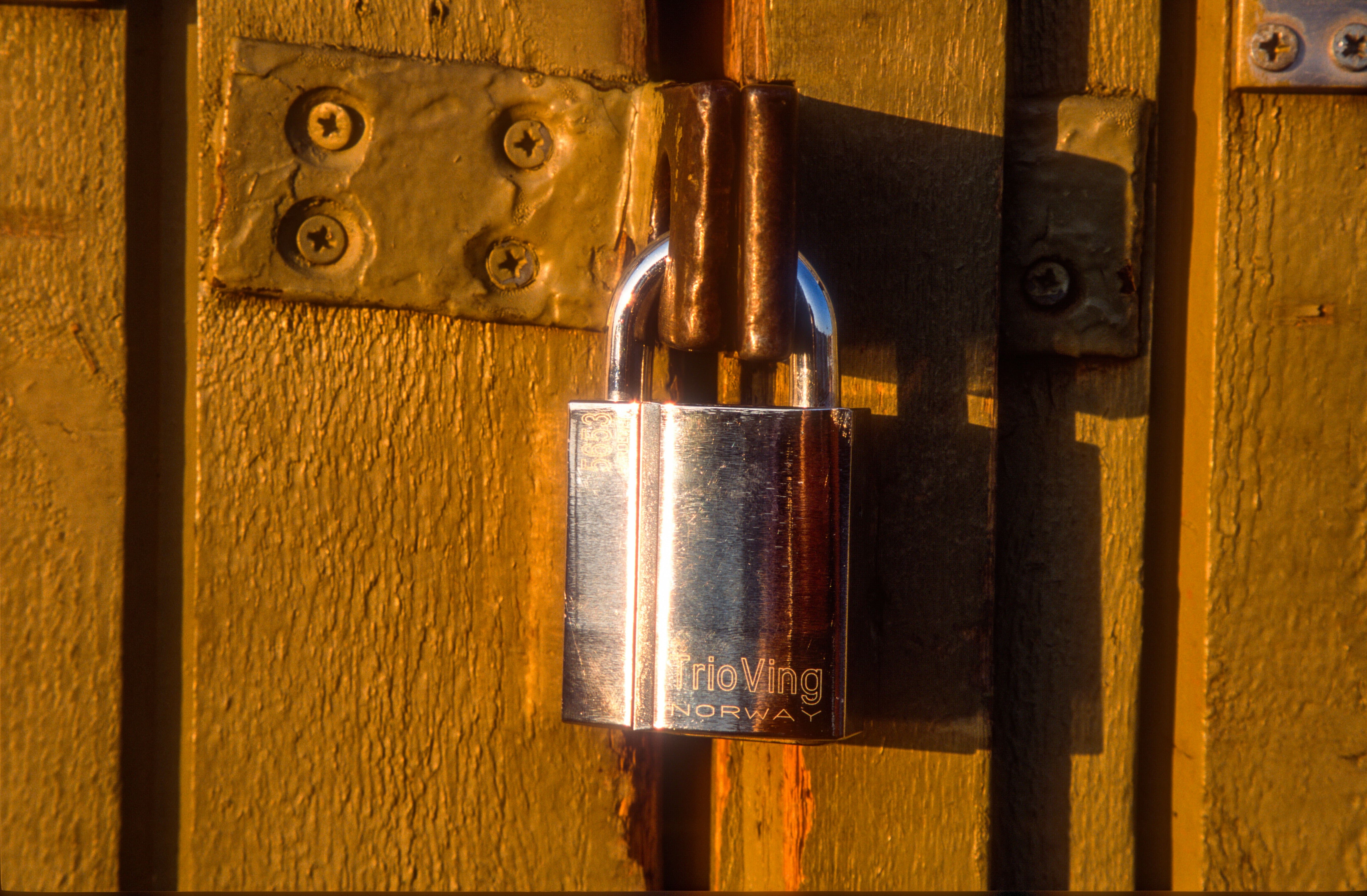Encrypted Storage
Protect your most sensitive files and documents using secure encryption, both on local disks and in the cloud. Learn best practices and recommended tools.

What is encrypted storage?
Encrypted storage means protecting your files using cryptographic techniques that prevent unauthorized access to their contents.
This practice is especially important if you handle confidential data such as personal information, passwords, legal documents, or medical records.
Local or cloud encryption?
There are two main ways to apply encrypted storage:
- Local: on your computer, external hard drive, or USB stick. You have full control, but must also protect the physical device.
- Cloud: services like Google Drive, Dropbox, or iCloud encrypt your data, though not always with private keys. Some services like Tresorit or Proton Drive offer end-to-end encryption.
Ideally, you should combine both methods for greater resilience and convenience.
Recommended tools
Here are some of the best tools for encrypted storage:
- VeraCrypt: free software for encrypting disks and volumes.
- BitLocker: built into Windows Pro to encrypt the entire disk.
- Cryptomator: ideal for encrypting folders before uploading them to the cloud.
- Tresorit: end-to-end encrypted cloud storage.
- Proton Drive: a secure and private alternative based in Switzerland.
Conclusion
Encryption is your best ally for protecting your files in case of theft, loss, or hacking. Start by encrypting your most sensitive documents and choose tools with a strong reputation and solid encryption.
It's also important to make regular backups, keep your system up to date, and protect your access keys.